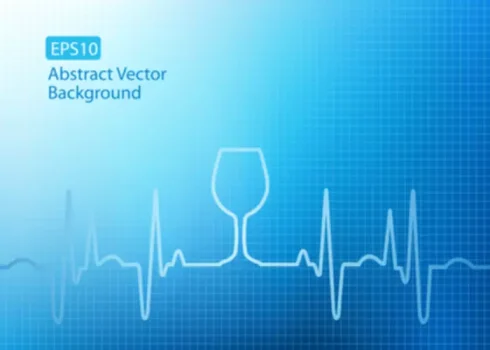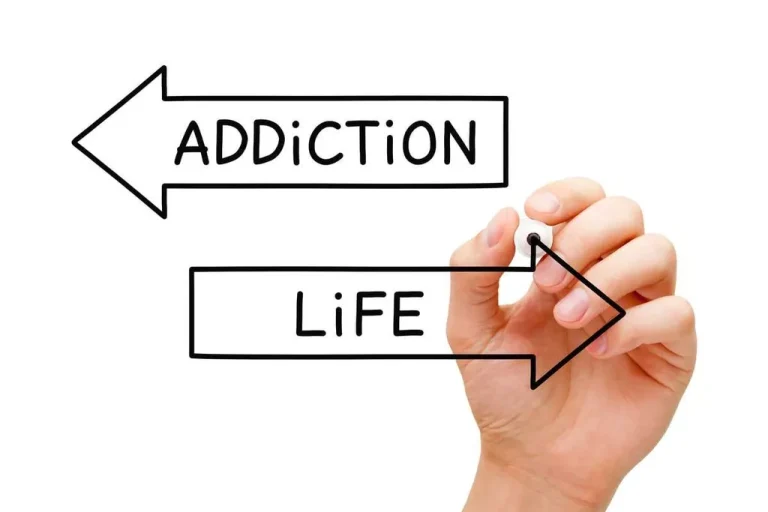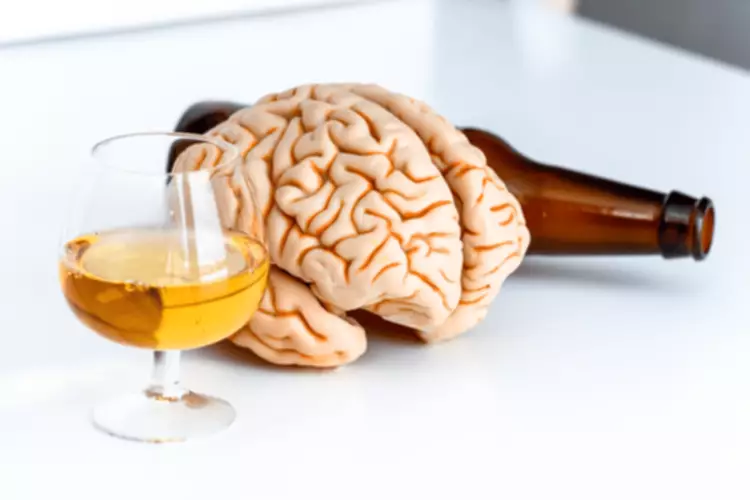
Over time, repeated consumption of sugar or alcohol can lead to tolerance, where larger amounts are required to achieve the same pleasurable effects. This tolerance may contribute to increased cravings and potentially escalate into addiction. This is particularly challenging for individuals already struggling with alcoholism, as they may have developed a tolerance to the pleasurable effects of alcohol.
About Sutter Health

Sugary foods activate the same receptors in the brain as opioids. Even after abstinence, people experiencing chronic opioid use may feel drawn to activities that trigger these receptors. Sugar cravings are the most intense about a week after the last drink.

Journal your food intake

These days, we don’t have to hunt and gather for food, its much more accessible. Implementing these stress management techniques can provide individuals with healthier alternatives to cope with stress, reducing the reliance on sugar as a source of comfort. Then find healthier alternatives to satiate your cravings, such as fruits and increasing your protein intake. Regular exercise and staying hydrated are also excellent strategies. Emotional support from friends, families, or support groups can do wonders. Coaching can provide individualized strategies factoring your particular state and needs.
- Ria Health offers access to prescription anti-craving medications and regular coaching sessions to help you overcome the urge to drink alcohol.
- If you find that it’s hard to control your drinking without resorting to sugar, there are new ways to limit drinking urges.
- Substituting alcohol with sugar might appear harmless, but it’s far more impactful than you might think.
Understanding Your Sugar Cravings After Quitting Alcohol
The preference for sugary foods extends beyond effects specific to drug use. Sugar affects the brain like addictive drugs⁴, which makes sugar particularly tempting do alcoholics crave sweets for people with a substance use disorder. Alcohol can make you feel calm, relaxed and even euphoric, which can keep you reaching back for glass after glass.

- Furthermore, the brain’s association between sugar and the pleasurable effects of alcohol can contribute to increased cravings for sugary foods and drinks during recovery.
- Join our robust training programs led by nationally known healthcare leaders.
- This is what most of my clients believe to be true if they are having sugar cravings.
- We support both abstinence and moderation, so you don’t need to quit all at once, or even completely.
- This study showed a negative correlation between sugar intake and alcohol consumption.
Improvising tends not to work out very well for those of us with a raging sweet tooth, whether we’re at the grocery store or standing in front of the fridge. Eating nourishing food consistently throughout the day prevents you from getting too hungry, which enables you to make better food choices. Experts explain the science behind your hankering for sweets.
- While this statement does oversimplify things to grab your attention, it also has some truth to it.
- These cravings may arise as the body seeks to replenish its store of glycogen, a type of sugar stored in the liver and muscles that provides energy.
- While sugar affects your brain’s reward system slightly differently, the effect is similar overall, and both can be very habit forming.
- This understanding might even augment your confidence in the journey towards sobriety.
- Consuming sugary foods can help boost energy levels and improve mood, aiding in the recovery from alcoholism.
- Ultimately, the journey to quit alcohol may be winded with sweet temptations along the way.
- Drinking herbal teas or having dark chocolate with a high cocoa content can also be beneficial in fighting sugar cravings.
Treatments and Services

Addiction Info
- First, you get more of a dopamine boost from foods that are high in sugar or fat.
- These cravings are unbeknownst to many, invading subtly with symptoms like persistent thoughts of sugary food, anxiety, restlessness, and even mood swings.
- Alcoholic subjects preferred the sweeter sucrose solutions that were given.
- Therefore, individuals in recovery may turn to sugar as a way to compensate for the reduced dopamine levels, seeking a substitute source of pleasure.
- And it took me a long time to break that cycle of craving ice cream.
